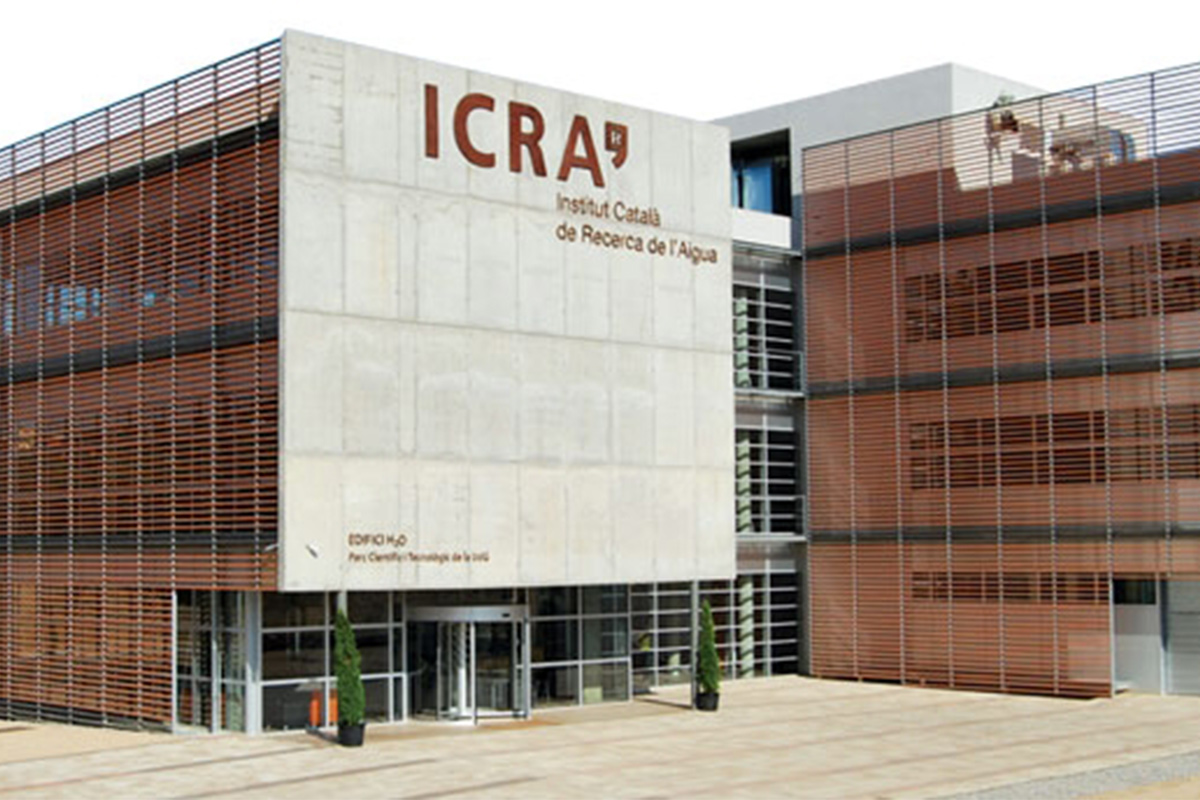The increase in imported photovoltaic (PV) module price level by about 15-20 per cent is likely to impact returns of solar power project developers, ratings agency ICRA said.
Accordingly, the price increase has taken place over the last 4-5 months, to around 22-23 cents per watt as of date.
Advertisement
“This price rise has been mainly driven by a sharp increase in the price of polysilicon, a key input for cell and module manufacturers.”
As per an ICRA note, given the import dependency for PV modules for a majority of the solar power installations in India, such a hardening in the price of PV modules, if sustained, remains a near-term headwind.
“This risk is especially significant for the capacity won by developers through the bidding route over the last six to nine months at tariffs ranging largely between Rs 2 per unit and 2.25 per unit; and scheduled to be commissioned over the next 12-15-month period.”
“This apart, the recent surge in metal prices is also leading to upward pressure on the overall capital cost for solar power projects.”
According to the note, given the PV module component comprises about 50-55 per cent of the overall project cost, such an increase in the module price level by about 4-5 cents per watt if sustained, is likely to moderate the debt service coverage metrics for the project developers by about 12-14 basis points.
Alternatively, the tariff increase required to offset such a module price increase is estimated at about 20-22 paise per unit.
Besides, the impact of the basic customs duty (BCD) on imported PV modules, is likely to result in the overall bid tariff to increase by about 55-60 paise per unit for the forthcoming auctions.
Nonetheless, the solar bid tariff, after factoring in this dual impact, is still likely to remain below Rs 3 per unit.
However, given the near-term headwind related to module price levels, the credit outlook on the solar energy sector remains stable, the note added.











